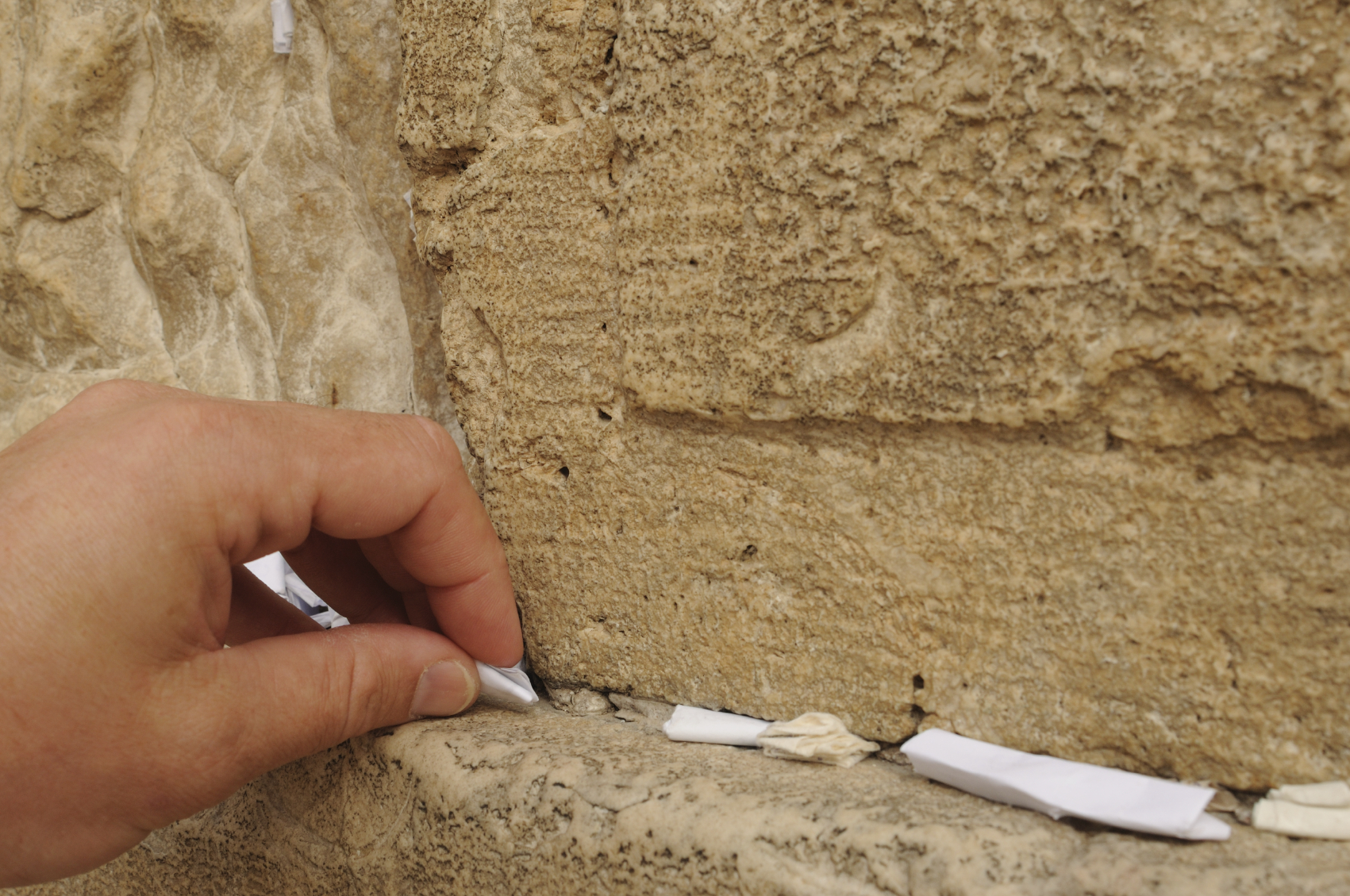One sabbath, I noticed Margosha, she had come by herself to the reform synagogue in Warsaw for Friday night services. She was in her late twenties a thin, tall woman with short brown hair and glasses. Margosha’s clothes were in brown tones, a tweedy blazer, a dark chocolate brown skirt with a white shirt and sensible shoes. Her brows were pinched and her body tense, a serious gal I thought. She sat in the back of the room alone. Margosha looked at the prayerbook on her lap and said the prayers in a very soft voice, almost a whisper. I vowed to make sure to sit next to Margosha the next time she came to Beit Warshava.
She did come back the next week and I invited her to sit up closer to the bimah. I sat next to her and smiled. I told her to join us at the table for the Sabbath dinner after services, and she did.
She told me she was single and working as a mechanical engineer like her dad. Her dream was to get a PHD from Cal Tech in California and study off shore drilling platforms. She wanted to live alone on an oil rig and do her work.
This I found amazing I didn’t even like to be alone for a day and she wished for solitude for weeks. I found her very different than the many young women I had met in Warsaw. I asked her about growing up in the city.
“My father is much older than my mom,” she said. “When I was a teenager he was in his middle seventies. On my 18th birthday, he gave me a book about the Shoah. I was shocked.”
“Why were you so shocked?” I asked. “I know that you study the Holocaust in school.”
“I couldn’t imagine why he had done such a personal thing. In school, we are a group of people and are not singled out. It was a school subject like other subjects.”
“My dad had darker skin than my mom. He was brilliant and taught me to love books and reading”
“I finally asked my dad directly if he was born Jewish. He turned away angrily and said, “Don’t ever ask me that again.” and refused to answer my question. “I was very confused and upset.”
“Do you remember the book your dad gave you?”, I asked.
“The book he gave me was Night written by Eli Wiesel and it caused me to become very interested in the Holocaust. I consumed book after book on the subject. I was beginning to believe that my dad was born Jewish”
“I knew many people at school and even in my family who were anti semitic. Maybe my dad was afraid for me, but then why would he give me Wiesel’s book?”
“What else drew you to Judaism?” I asked
“I made an important decision in my early twenties, after spending years reading about Jews, their history and culture. I decided to go on the Birth Right Program to Israel. This was a fully paid for program that takes Jewish youth to Israel for 10 days. I was very nervous while applying for the program, especially because I had no proof that I had Jewish roots.
“Did you think you would not be accepted if you were not a Jew?”, I asked.
“Even if my dad was really a Jew this would not help me because I had already heard that Jewish identity comes from your mother. The program had me fill out the papers. They never even asked for proof I was a Jew. I was told that especially in Poland where most people had no proof of their Jewish roots the Birth Right Program was very open minded and did not ask this question.”
“How was your time in Israel?”
“My experience in Israel confirmed who I felt I had been for several years. I cried as I slipped a paper petition into the Western Wall. My heart sang as our group formed circles and sang Hebrew songs. We spent many days with Israeli youth.”
“These were my people. I felt closer to the people in Israel then I had ever felt with my Polish friends.”
“How do you explain your feelings?”
“I cannot explain why I felt that way but I felt a part of this country. By the end of our stay in Israel I was so moved by the experience that I made a commitment to become a Jew.
I learned Hebrew and practiced the language in prayer and Torah study. It took me nine months to complete the conversion class at Beit Warszawa. A month or two after I finished the class, those students who wanted to convert went to Krakow.”
“In Krakow, I was ready for the Beit Din. Three rabbis questioned me for about forty minutes. I was scared. I didn’t know if I could remember all that I had learned during the entire class. I must have done okay because the rabbis declared that I was now formally a Jew and part of the Jewish community.
“Then it was time to go to my first mikva. I dunked three times and said the prayers, I felt cleaner and purer then I had every felt before.”
“I am now where I felt I should have been since my university years. I hugged and cried with my fellow students.”
I felt so happy for Margosha . She had worked so hard for years to become what she wanted to be. The pieces of her identity are whole now. I know in her heart there is a committed Jewish soul.



















There are hundreds, may be thousands, Margoszas (or Malgoszas-Mawgoszas) in Poland waiting to find their way to the Jewish People
it’s more like Małgosia